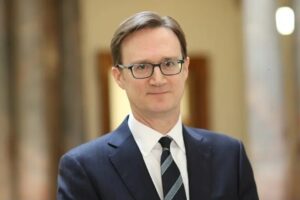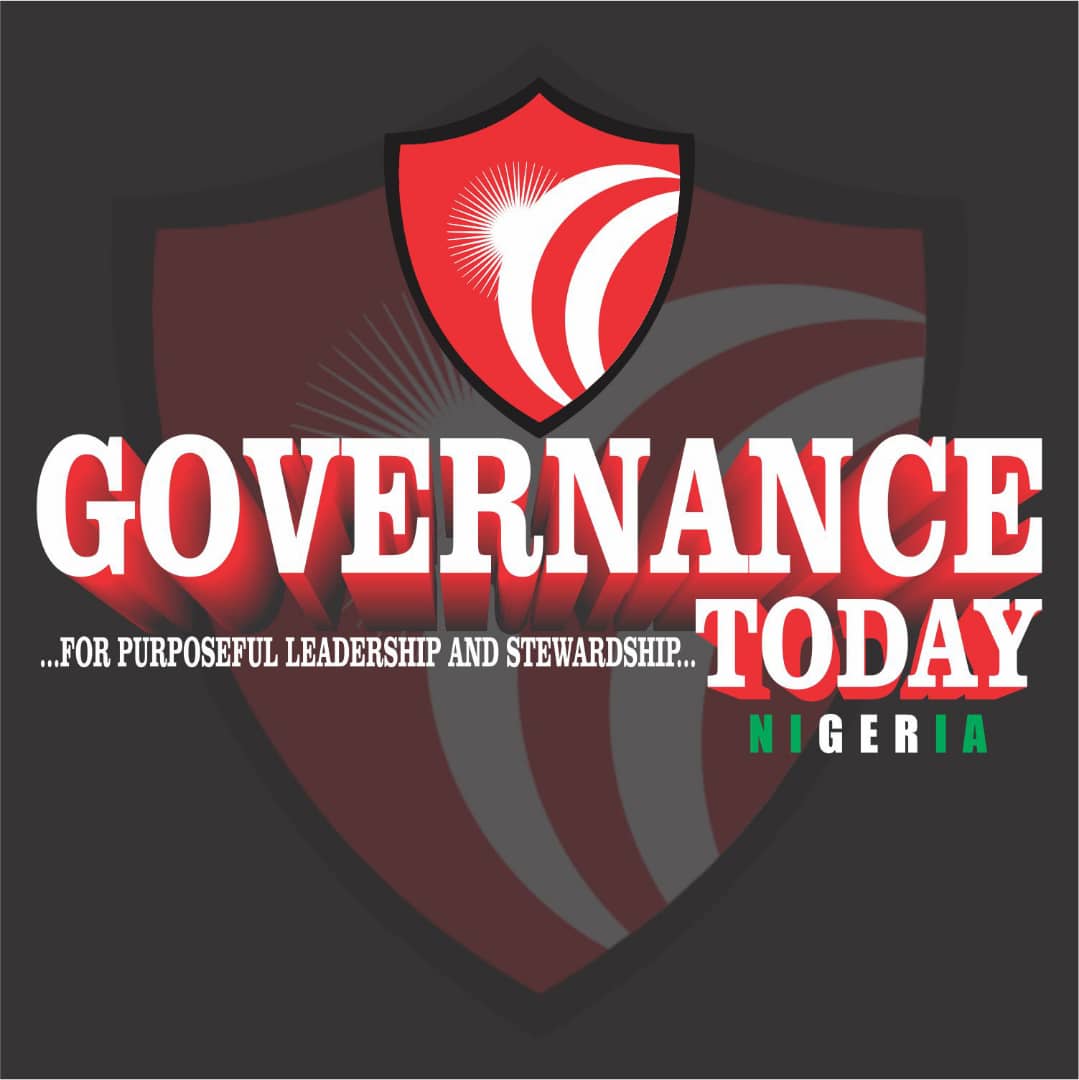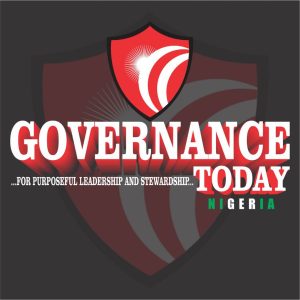British High Commissioner to Nigeria, Richard Montgomery said Nigeria has the world’s largest electricity deficit that affects 90 million of the population.
Montgomery who was represented by Deputy British High Commissioner to Nigeria, Gill Atkinson, revealed this at the first session of a two-day roundtable on the Electricity Act 2023 themed “Implications and Opportunities for State Electricity Markets”, on Wednesday in Abuja.
The roundtable is funded by the Foreign Commonwealth Development Office (FCDO) and implemented by the United Kingdom Nigeria Infrastructural Advisory Facility.
According to the British High Commissioner to Nigeria ” We have a new government here, it has embarked on important microeconomic reforms. The exchange rates and fuel subsidy are bringing short-term pain to the country and the people. But there are positive changes in the medium and long term that will help Nigeria fulfill its potential for the future.
“Part of this particularly important moment is Nigeria’s power sector. Unfortunately, the country has the world’s largest electricity deficit. This affects 90 million people. Even those Nigerians who are connected to the grid, face frequent outages and hence don’t get a reliable supply, he added.
Montgomery who described the Electricity Act as an important component of the current reforms noted that the most important feature of the Act is the provision to allow states to pass laws to govern the generation, transmission, and distribution of electricity.
The British High Commissioner to Nigeria charged Nigeria Governors Forum and stakeholders to look at what has worked, and what has failed in other sub-national systems across the world to explore the potential of regional aggregation.
He declared, “This is the time to explore new opportunities to scale up electricity to deliver it to more Nigerians.”
In his remarks, the Chairman of NGF and Kwara State Governor, AbdulRahman AbdulRazaq said the forum believes in partnership and getting divergent views to boost electricity supply.
AbdulRazaq who reiterated the need to explore new opportunities to boost supply, noted that ” With the Act, more questions will be thrown up than answers, but this engagement will bring answers. We’re moving into a new area, and which challenges will be enormous.
The Kwara State governor who hinted that the Evolutionary Act comes with risks and threats that must be understood, assured that the Forum’s support program will facilitate the development of sustainable, competitive, and diversified sub-national electricity markets.
Earlier in his remarks, the Director General of the Forum, Asishana Okauru said the reform effort in the power sector was further enhanced by the recent enactment of the Electricity Act, 2023 by President Bola Tinubu’s administration.
He explained that “The Electricity Act 2023 represents a significant milestone towards achieving a stable, reliable, and efficient electricity supply for our people. It provides a legal framework for private sector participation in the generation, transmission, and distribution of electricity.
According to him, the NGF will unveil a flagship project that will caption the Nigeria Sub-National Electricity Markets Support Program (NSEMSP)
He added that the project will be designed to facilitate the development of sustainable, competitive, and diversified
sub-national electricity markets in the country.
Okauru stated “We are going to give a lot of technical support to the states. This includes collaborating with development partners that are very experienced in this area to help take this initiative to the local level.”
One of the keynote speakers, Eyo Ekpo explained that national or state-level development is connected to electricity availability.
Ekpo who delivered a paper titled “Opportunities, Imperatives and Key Success Factors for State Electricity Market Design” declared that electricity must be delivered in such a manner that is reliable, and consistent in quality and quantity.
The keynote speaker who stressed the need for political will to transform power reform into reality added “We’ve got to understand that at the state level, if governors will not take up the mantle of having to drive this new thing within their states, it will not happen.”
He charged the State governors to provide an enabling environment for investors to invest in the sector.
Another keynote speaker, Simeon Atakulu who delivered a paper titled “What do donors want to see” said not all states’ electricity markets will be ready in the short-medium term without a transition framework by the Nigerian Electricity Regulatory Commission.










